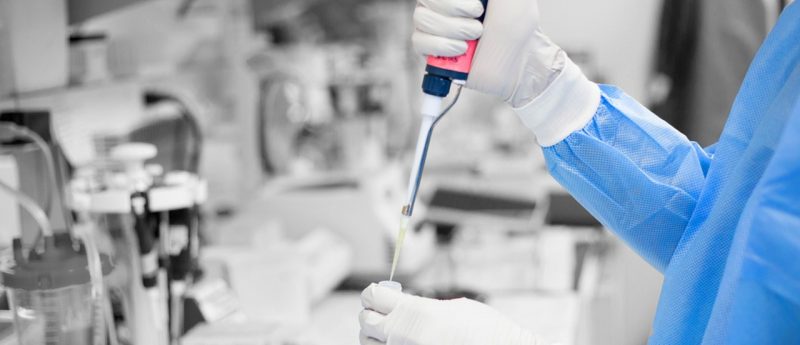Cell and Gene Therapy Catapult announces Cell Medica acquisition of WT1 T-cell Therapy

The acquisition transfers intellectual property and commercialization rights and further development will take place the CGT Catapult manufacturing center.
The Cell and Gene Therapy Catapult (CGT Catapult) has announced the sale of its subsidiary, Catapult Therapy TCR Ltd, to Cell Medica (both London, UK). The CGT Catapult, through Catapult Therapy TCR Ltd, has been developing and conducting phase I/II clinical trials of a gene-modified T cell therapy that actively targets several blood cancers and multiple solid tumors.
Catapult Therapy TCR Ltd is a joint venture company set up by the CGT Catapult, UCL Business (UCLB) and Imperial Innovations (both London, UK) which focused on the development of a gene-modified WT1 TCR T cell therapy for acute myeloid leukemia (AML) and myelodysplastic syndrome (MDS) that are known to overexpress the antigen WT1. It represents a promising novel treatment approach in a therapeutic area where prognosis is often poor and therapeutic options limited. Early development work on this therapy conducted at UCL and Imperial was funded by the UK charity Bloodwise (London, UK). The WT1 antigen is also present on a large variety of solid tumors, giving this treatment very broad therapeutic potential.
The acquisition of Catapult Therapy TCR Ltd by Cell Medica will enable and accelerate the further development and commercialization of this innovative treatment in one of the most promising areas of cancer immunotherapy. The optimization and development of next-generation T cells will be conducted by Cell Medica and CGT Catapult and manufacturing will take place at CGT Catapult’s large-scale cell and gene therapy manufacturing center located at the Stevenage BioScience Catalyst in Hertfordshire, following a grant awarded earlier this year by Innovate UK.
“We are pleased that Cell Medica has acquired the WT1 T-cell immunotherapy,” explained Keith Thompson, Chief Executive Officer, Cell and Gene Therapy Catapult. “With their complementary technologies, they will take over the development of this exciting new therapy. The next generation product developed in our manufacturing center underlines our ability to support the localization of cell manufacturing processes in the UK.
“It reflects the CGT Catapult’s mission to work with academia and industry in bringing forward important new technologies that can be industrialized and turned into the advanced medicines of the future, building new industries.”
“Immuno-oncology is an expanding discipline representing the next generation of cancer treatments, and WT1 has shown excellent results so far. We are delighted to have created this opportunity with our academic partners UCLB and Imperial Innovations.”
Gregg Sando, Chief Executive Officer, Cell Medica, commented: “The acquisition of the WT1-TCR cell therapy leverages the investment we made in 2016 for exclusive rights to the Dominant TCR technology. Our objective is to show how we can enhance any existing TCR cell therapy with the Dominant TCR technology to create a more effective treatment for patients with solid tumors who otherwise have a very poor prognosis. We are also looking forward to an important collaboration with CGT Catapult to initiate manufacturing at the Stevenage GMP facility where we will work together on scale-up strategies for commercial production.”
Catapult Therapy TCR Ltd academic partners highlighted the relevance of T-cell immunotherapy to future cancer therapy options.
“Gene-modified T cells targeting WT1 have enormous potential to transform the lives of cancer patients, and the expertise of UCL Professors Hans Stauss and Emma Morris have enabled this innovative treatment to evolve,” added Cengiz Tarhan, Managing Director, UCL Business. “Cell Medica is excellently placed to further develop this novel treatment approach.”
Tony Hickson, Managing Director, Imperial Innovations Limited, conclude: “This project provides a case study of two leading UK universities working together alongside a Catapult to translate their high quality research outputs into clinical stage advanced therapeutics.”
Source: Cell and Gene Therapy Catapult press release